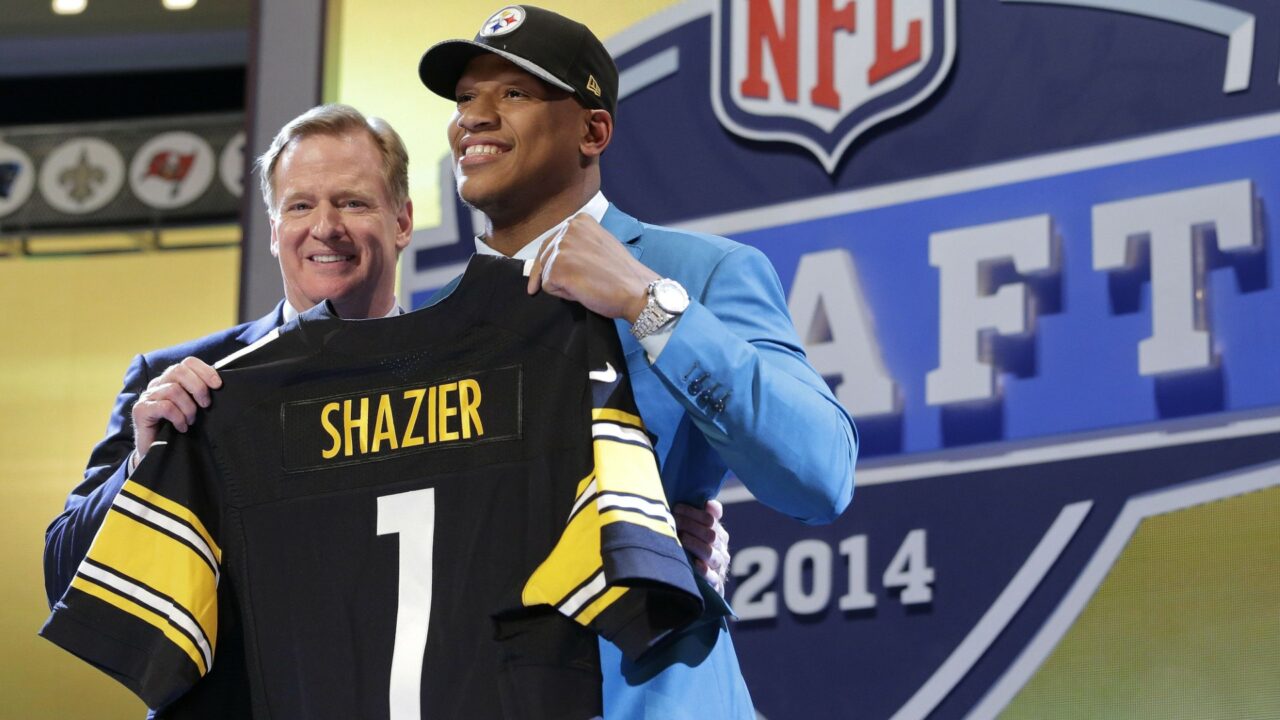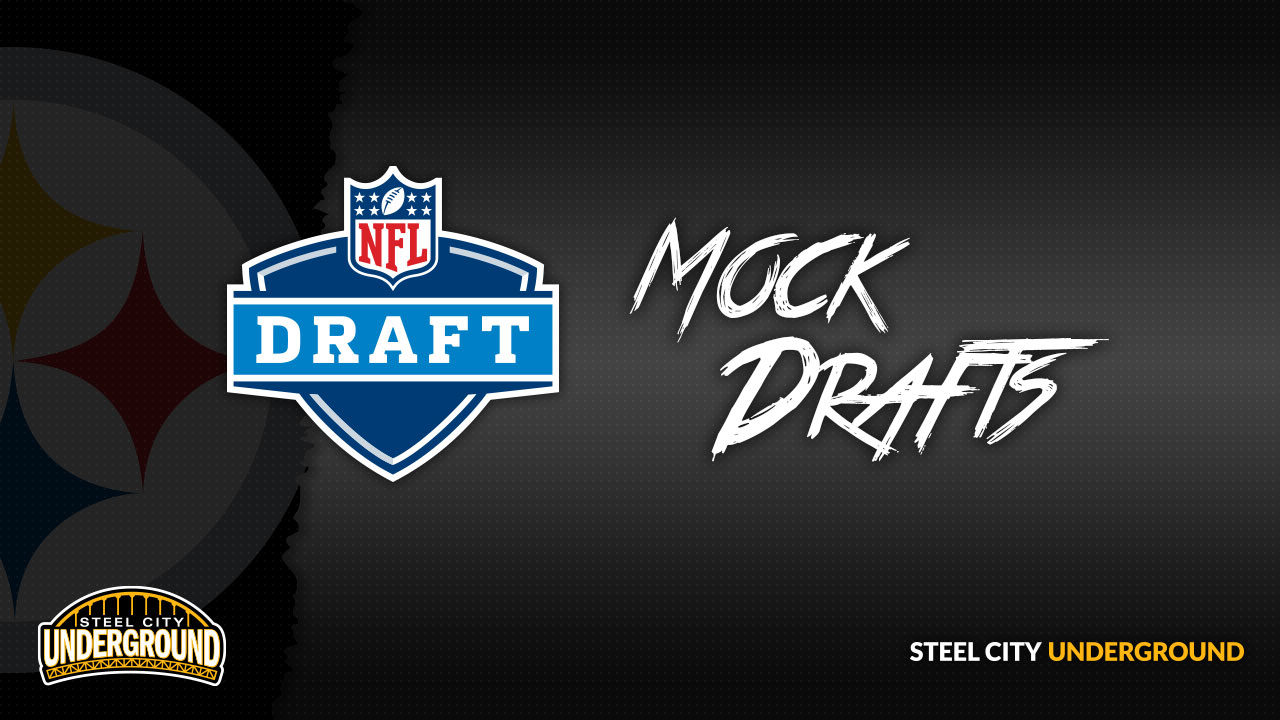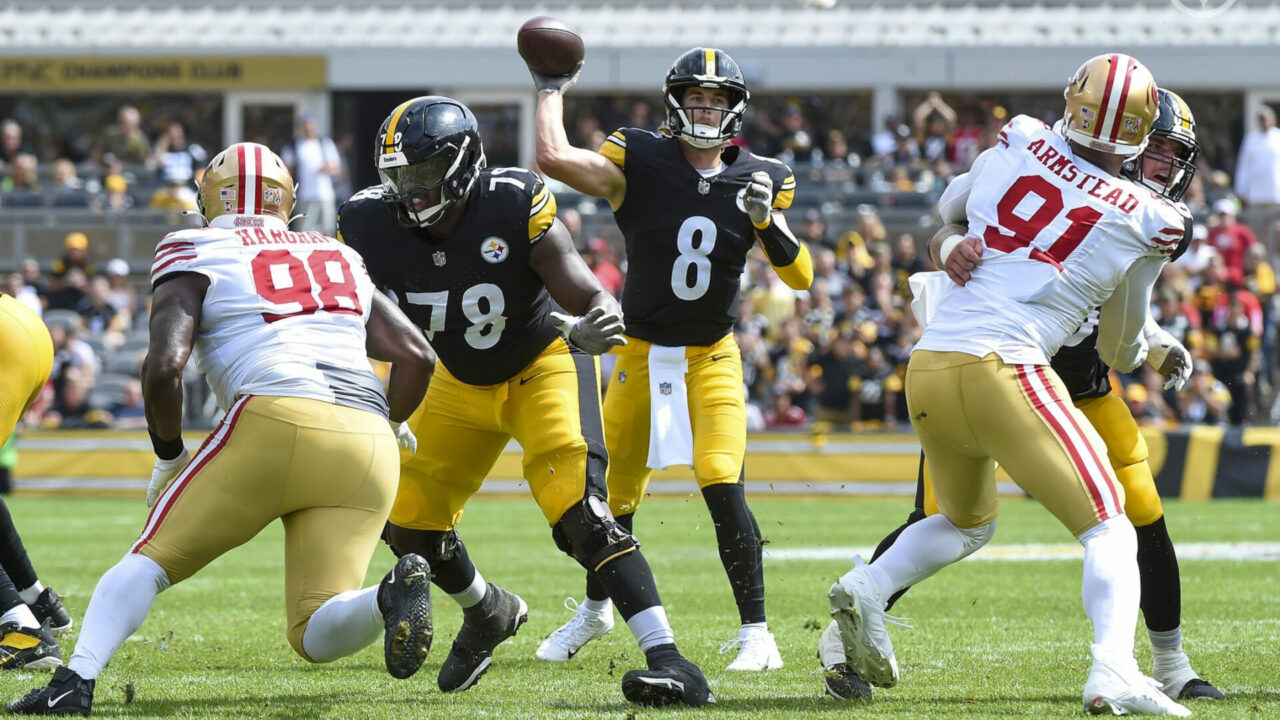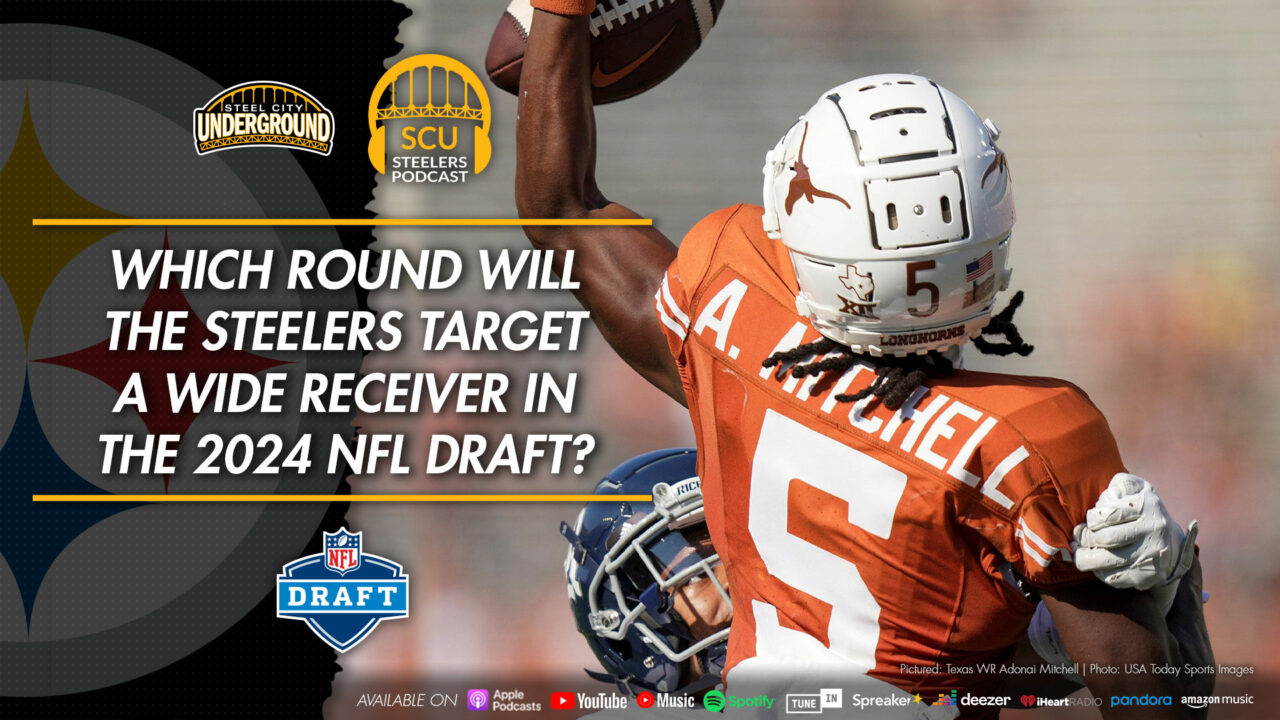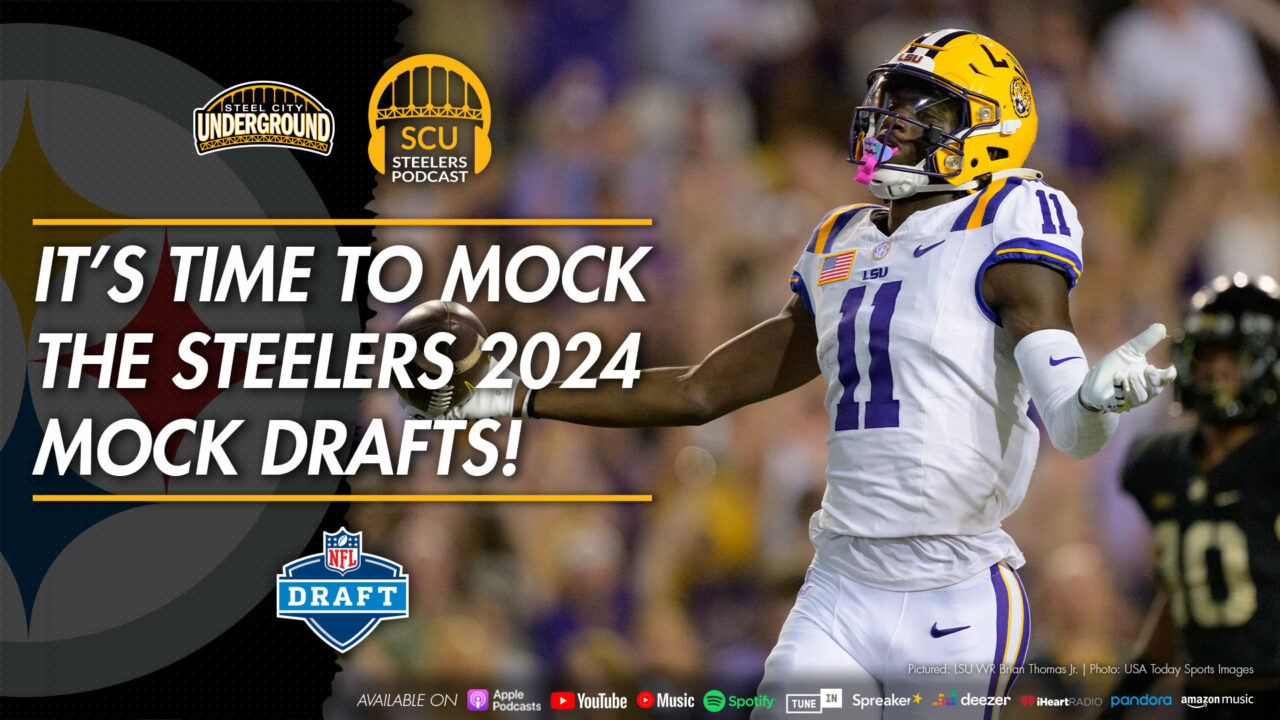We can now relax about Le’Veon Bell’s contract negotiations with the Steelers
It’s incredible the amount of paranoia over which was on display less than twenty-four hours ago. Le’Veon Bell was franchise tagged by the Pittsburgh Steelers months ago, and while there were rumors he would sign a long-term deal, ripping up the exclusive rights tender was something that didn’t happen.
Yet, it didn’t stop all sorts of folks on social media from going berzerk over not understanding the situation. So I’m here to tell “yinz” that there’s nothing to worry about… and for at least two years.
Yes, you read that correctly: two years.
See, there are several reasons to believe that Le’Veon Bell will sign his tender. First of all, $12.1 million reasons (i.e. the guaranteed amount of his franchise tag) would top the list. This was more than likely the first of a few stumbling blocks in signing a long-term contract. Bell’s franchise tag already sets the market at his position, making roughly $4 million more than the next-highest paid player (the Buffalo Bills’ LeSean McCoy).
Of course, that’s a substantial amount of money; more than Bell has made his entire career thus far. It’s also a dollar amount he and his agent weren’t likely to budge on. Then ask yourself: why would the Steelers foot a larger bill in 2017 when Bell is already taking home the biggest running back paycheck this season? When you add in his availability over his career, which has seen the star rusher sit for suspensions and injuries, I became quite confused by the reaction of Steelers fans who wanted Le’Veon signed for several years. Ripping up the franchise paperwork wasn’t wise for either side of the table.
Bell stands to make around $26 million in guaranteed cash should he play under the franchise tag in 2017 and 2018. That means any multi-year deal would’ve at least guaranteed that much money: why would Le’Veon accept less when it’s likely he will be tagged again?
Honestly, that’s the only leverage he will have should this situation once again arise in 2018. The Steelers would have to have another player they “must” place under the franchise tag rather than Bell, in order to sign the back to a long-term deal. Without that proverbial gun to their head, Pittsburgh once again has the leverage in contract negotiations, with talks requiring at least the estimated $14 million-plus bump in pay which Bell’s franchise tag would cost next season.
Consider Pittsburgh only gave a $19 million signing bonus, along with an additional $8.5 million in roster bonuses over the life of a four-year extension for Antonio Brown, and you can see where this discussion is going. Even $26 million is a tough pill to swallow for the Steelers at this time, and seeing as he’d make that playing under the franchise tag for the next two seasons, the asking price for three or more years had to be north of that dollar amount in guaranteed money. A holdout of a healthy and available Bell to play under only those tags for consecutive seasons would make him an even richer man if he hit free agency in 2019.
As an exclusive rights tendered player, Bell can only play for Pittsburgh or sit out the 2017 season entirely. (Ditto for 2018 as well.) That’s why he’ll end up playing.
The Steelers know this. Bell knows this, and his agent knows this.
The Steelers also know they have to be careful. Those advocating to make Bell a Steeler for life must be aware of his injuries and off-field history. Ponying up what would amount to a minimum of $26 million, and quite possibly more than that with other bonuses and incentives could backfire. Pittsburgh was once burned by another franchise tag negotiation with outside linebacker LaMarr Woodley.
Like Bell, Woodley was on his way to a Hall of Fame career. He was a “can’t miss” signing, and the Steelers rewarded him with a six-year, $61.5 million deal in 2011: the richest contract ever given to a Steelers defender.
Over the course of the next three seasons, Woodley would miss a total of 14 games, never coming close to the double-digit sack seasons he had in his previous three years with the team. He would be released ahead of the 2014 season and continue to be paid by the team through the next two seasons. He was, in fact, the highest paid Pittsburgh defender in 2013, 2014, and 2015 despite not being on the roster for the latter two seasons.
When it was all said and done, according to OverTheCap.com, Woodley took home $42.7 million dollars in all.
The Steelers cannot afford to make a similar mistake with Bell. Add in that Woodley was healthy and only missed a single game prior to his huge contract, and didn’t have off-field problems, and the deck becomes stacked against Bell.
That’s why Steelers fans should take a deep breath and relax. A failed attempt at a potential contract extension at this time doesn’t mean the Steelers don’t like Bell and Bell doesn’t like the Steelers. It simply means that both sides are willing to exercise their patience to make sure each party upholds their end of the bargain. In this case, Pittsburgh will be making Bell the highest paid running back in the NFL for at least one season, and Le’Veon can prove he deserves that honor.
But with that said, I wouldn’t be surprised if we don’t see a similar move in 2018. However, with the Steelers only able to exercise the franchise tag option on Bell one more time, there could be a bigger push to make sure a multi-year deal is done ahead of 2018’s deadline.
That’s a long way off, and many things have to happen between now and then. But for now, we can all put the contract nonsense to rest.

